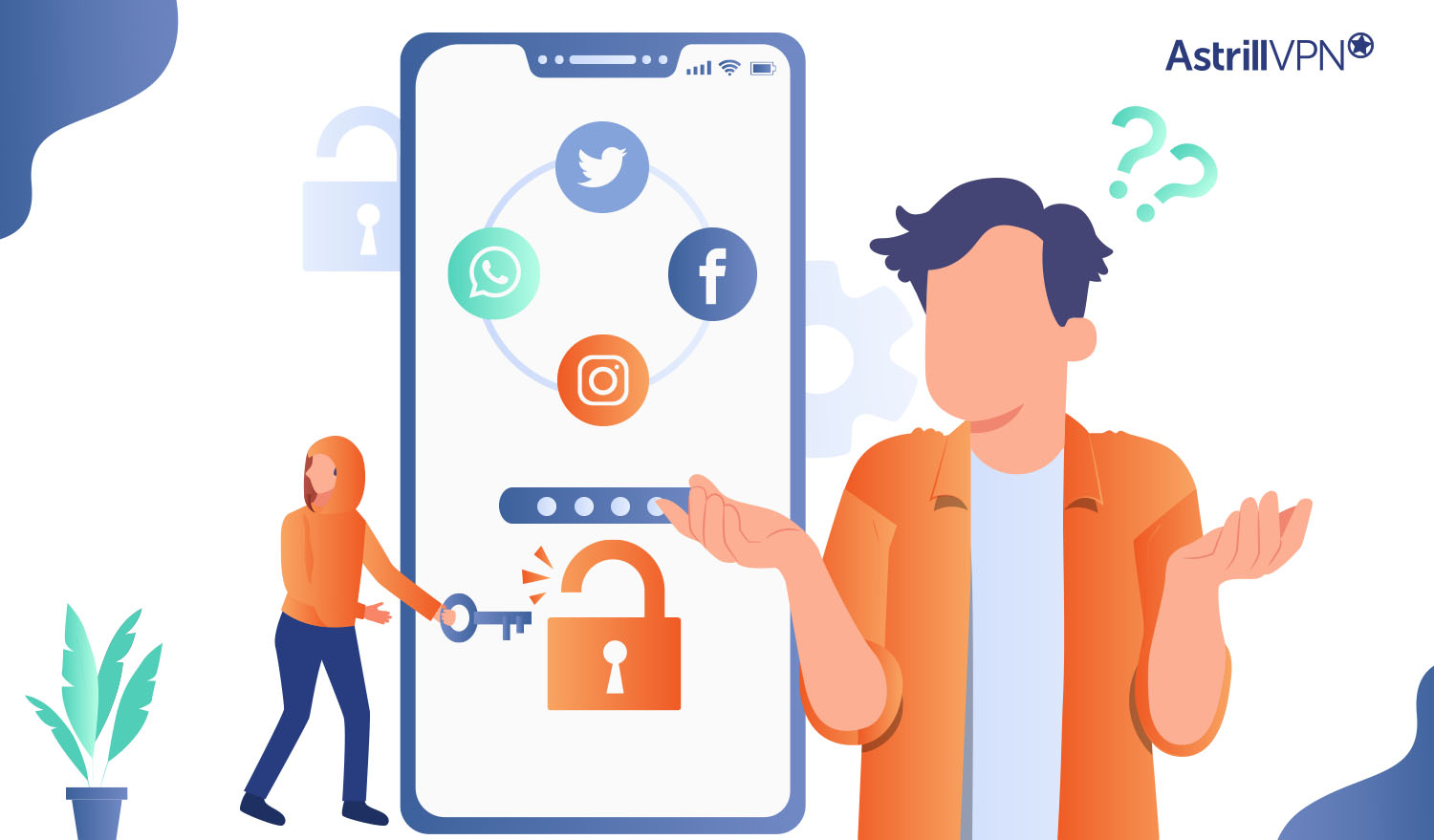Understanding the Risks and Legalities
Okay, so you’re thinking about hiding a camera in your bedroom. Maybe you’re worried about security or want to catch someone doing something they shouldn’t. But before you go all “Mission: Impossible” on us, let’s talk about the legal and ethical implications. It’s not as simple as just sticking a camera in a corner and calling it a day.
Privacy Laws and Regulations
Let’s be clear, recording someone without their consent is a big no-no in most places. Privacy laws are in place to protect people from unwanted surveillance, and using a hidden camera could easily violate those laws. You’re essentially spying on someone, and that can have serious consequences. Imagine someone finding out you’ve been secretly recording them, especially if they’re in a vulnerable state like changing clothes or being intimate. It’s a recipe for a lawsuit, a damaged reputation, and maybe even some criminal charges.
Scenarios Where Hidden Cameras Can Lead to Legal Issues
Here’s a scenario that might make you think twice: imagine you’re renting out your spare room on Airbnb and decide to hide a camera in the bedroom to “keep an eye on things.” Sounds harmless, right? Wrong! That’s a serious invasion of privacy, and your guests could sue you for violating their right to privacy. They might even report you to the police. And let’s not forget about the ethical side of things. Trust is a big part of renting out a space, and secretly recording your guests would completely erode that trust.
“Hidden cameras are a tricky subject, and it’s best to err on the side of caution. If you’re not sure if it’s legal or ethical, it’s probably best to avoid it altogether.”
Alternative Solutions for Home Security

Okay, so you’re looking for ways to keep your bedroom safe without resorting to sneaky hidden cameras. Let’s explore some alternatives that are just as effective, and way less creepy!
Traditional Security Systems
Traditional security systems, like alarms and motion sensors, are tried-and-true methods for deterring burglars. These systems offer a good balance of protection and affordability.
Here’s the lowdown on traditional security systems:
- Benefits:
- They provide a visible deterrent to potential intruders, letting them know that your home is protected.
- Alarms can be loud and startling, scaring off burglars before they can do any damage.
- They often connect to a monitoring service, sending alerts to authorities in case of a break-in.
- Motion sensors can detect movement and trigger alarms, making it difficult for burglars to enter undetected.
- Drawbacks:
- They can be expensive to install and maintain.
- They might not be as effective against sophisticated intruders who know how to bypass alarms.
- False alarms can be a nuisance, especially for neighbors.
Smart Home Devices
Think of smart home devices as the modern upgrade to traditional security systems. They use technology to add convenience and extra layers of protection.
- Benefits:
- Smart door locks allow you to control access to your home remotely, so you can lock or unlock your doors from anywhere.
- Security cameras with motion detection can send you alerts when movement is detected, allowing you to monitor your home remotely.
- Smart lighting systems can be programmed to turn lights on and off at specific times, creating the illusion that someone is home, even when you’re not.
- Many smart home devices are compatible with each other, creating a comprehensive security system.
- Drawbacks:
- They can be more expensive than traditional security systems.
- They require a reliable internet connection to function properly.
- They can be vulnerable to hacking, so it’s important to choose reputable brands and update your devices regularly.
Personal Security Measures
Don’t underestimate the power of personal security measures! These are all about taking proactive steps to protect yourself.
- Benefits:
- Self-defense classes can teach you valuable skills to protect yourself in case of an attack.
- Personal alarms can be used to deter attackers and call for help in an emergency.
- Being aware of your surroundings and taking precautions can help you avoid dangerous situations altogether.
- Drawbacks:
- Self-defense classes require time and effort to learn and practice.
- Personal alarms might not be effective against all types of attackers.
- It’s important to use these measures responsibly and avoid putting yourself in unnecessary danger.
Prioritizing Privacy and Trust: Best Way To Hide Camera In Bedroom

Best way to hide camera in bedroom – Installing hidden cameras in a bedroom, even with good intentions, can severely damage trust and create a hostile environment. It’s crucial to understand that privacy is paramount, and any actions that compromise it can have serious consequences.
Open Communication and Trust
Open communication is the cornerstone of any healthy relationship. Talking about personal space, privacy expectations, and concerns is essential. This conversation should happen before any monitoring or surveillance measures are considered. If you’re concerned about safety or potential issues, express these concerns openly and respectfully, and work together to find solutions that prioritize everyone’s well-being and privacy.
Alternative Solutions for Safety and Security, Best way to hide camera in bedroom
Instead of resorting to hidden cameras, consider these alternative approaches:
- Open Communication: Talk to your loved ones about your concerns and work together to find solutions. This could involve setting boundaries, discussing potential risks, and agreeing on strategies to address them.
- Family Agreements: Create clear rules and guidelines for using technology and respecting privacy within the family. This could include agreements about phone usage, internet access, and social media.
- Trusted Individuals: If you’re concerned about a specific issue, talk to a trusted friend, family member, or professional for support and guidance. They can offer a different perspective and help you develop a plan to address your concerns.
- Visible Security Measures: Consider using visible security measures like door alarms, motion detectors, or a well-lit exterior. These measures can deter potential threats without violating privacy.
